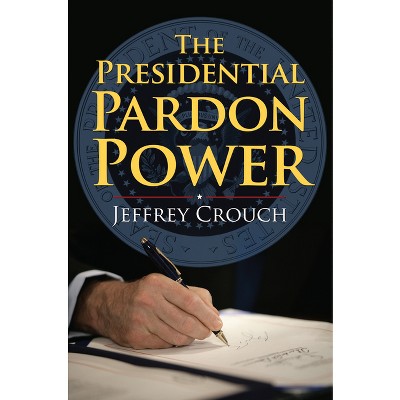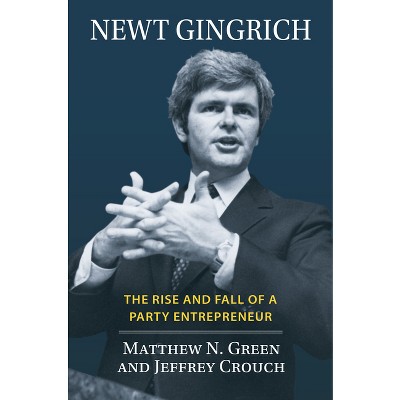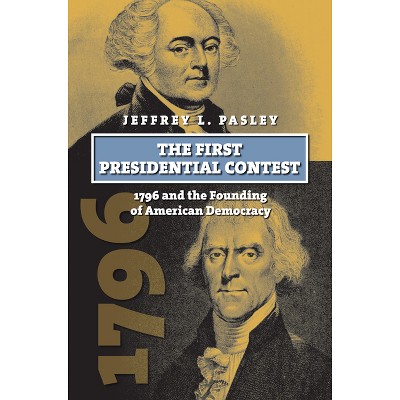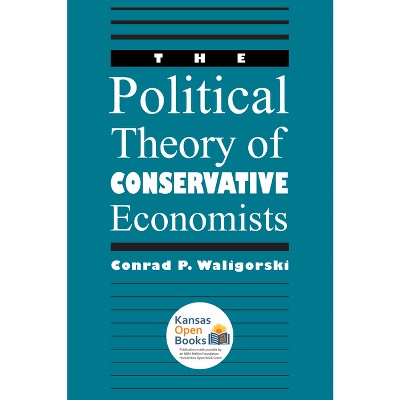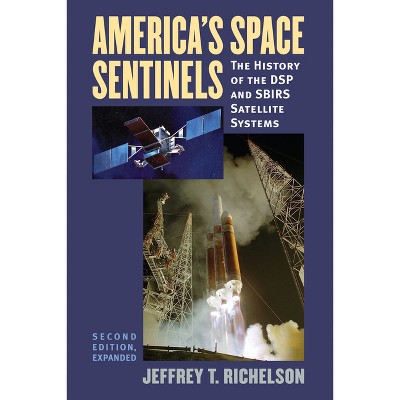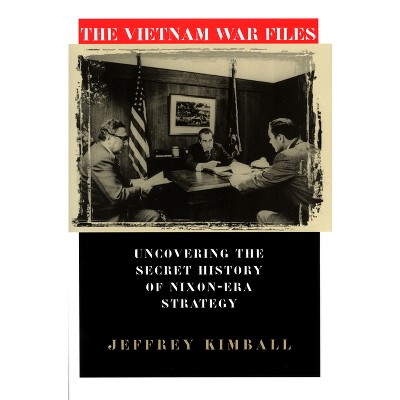Sponsored

The Unitary Executive Theory - by Jeffrey P Crouch & Mark J Rozell & Mitchel A Sollenberger
In Stock
Sponsored
About this item
Highlights
- "I have an Article II," Donald Trump has announced, citing the US Constitution, "where I have the right to do whatever I want as president.
- Author(s): Jeffrey P Crouch & Mark J Rozell & Mitchel A Sollenberger
- 216 Pages
- Political Science, American Government
Description
About the Book
The Unitary Executive Theory challenges presidents and political theorists who have sought to extend and expand executive power beyond what the Constitution allows because they were frustrated by our Constitution's system of separated powers and checks and balances.Book Synopsis
"I have an Article II," Donald Trump has announced, citing the US Constitution, "where I have the right to do whatever I want as president." Though this statement would have come as a shock to the framers of the Constitution, it fairly sums up the essence of "the unitary executive theory." This theory, which emerged during the Reagan administration and gathered strength with every subsequent presidency, counters the system of checks and balances that constrains a president's executive impulses. It also, the authors of this book contend, counters the letter and spirit of the Constitution. In their account of the rise of unitary executive theory over the last several decades, the authors refute the notion that this overweening view of executive power has been a common feature of the presidency from the beginning of the Republic. Rather, they show, it was invented under the Reagan Administration, got a boost during the George W. Bush administration, and has found its logical extension in the Trump administration. This critique of the unitary executive theory reveals it as a misguided model for understanding presidential powers. While its adherents argue that greater presidential power makes government more efficient, the results have shown otherwise. Dismantling the myth that presidents enjoy unchecked plenary powers, the authors advocate for principles of separation of powers--of checks and balances--that honor the Constitution and support the republican government its framers envisioned. A much-needed primer on presidential power, from the nation's founding through Donald Trump's impeachment, The Unitary Executive Theory: A Danger to Constitutional Government makes a robust and persuasive case for a return to our constitutional limits.Review Quotes
"The book is timely, as presidential powers seem unchecked, and it makes several important contributions to understanding the presidency."--Political Science Quarterly
"This book will be important to anyone researching presidential power."--Review of Politics
"The depth and difficulty in finding easy solutions highlight the importance and timeliness of The Unitary Executive Theory and suggest that it deserves wide readership and discussion."--Perspectives on Politics
"The greatest strength of the book lies in its presentation of the practical and legal limitations of presidential power."--Congress & The Presidency
"An insightful and scholarly guide for anyone interested in a comprehensive study of presidential power and the contested role of the executive branch."--Law and Politics Book Review
"Crouch, Rozell, and Sollenberger's The Unitary Executive Theory is a timely and comprehensive look at what is perhaps the most crucial issue facing the American presidency--the true scope of presidential power in the age of Trump. Through well-documented examples in recent decades of how presidents have expanded their powers beyond what is stated and implied within the US Constitution, the authors show how relying on the unitary executive theory endangers the core framework of separation of powers and checks and balances provided by the framers. For anyone looking for a clear explanation of how we got to this place in American political history regarding presidential powers, this book is essential reading."--Lori Cox Han, author of Advising Nixon: The White House Memos of Patrick J. Buchanan
"This work by three of the nation's leading political scientists is a must-read for all citizens concerned about the fate of the US Constitution. Crouch, Rozell, and Sollenberger's dissection of the unitary executive theory is bolstered by an unparalleled wealth of knowledge of American political history and constitutional law. This pathbreaking work of scholarship could not be more timely--read it now before it is too late."--Stephen F. Knott, author of The Lost Soul of the American Presidency
"In their careful indictment of presidential claims to vast autonomy, Crouch, Rozell, and Sollenberger provide an invaluable primer on both the theory and practice of presidential power. In doing so they cover an impressive amount of ground across topics and time. They remind us that however loud and devout presidential 'unitarians' may be, the Constitution remains devoutly trinitarian."--Andrew Rudalevige, coeditor of The Obama Presidency: Appraisals and Prospects






